Wednesday, April 17, 2024
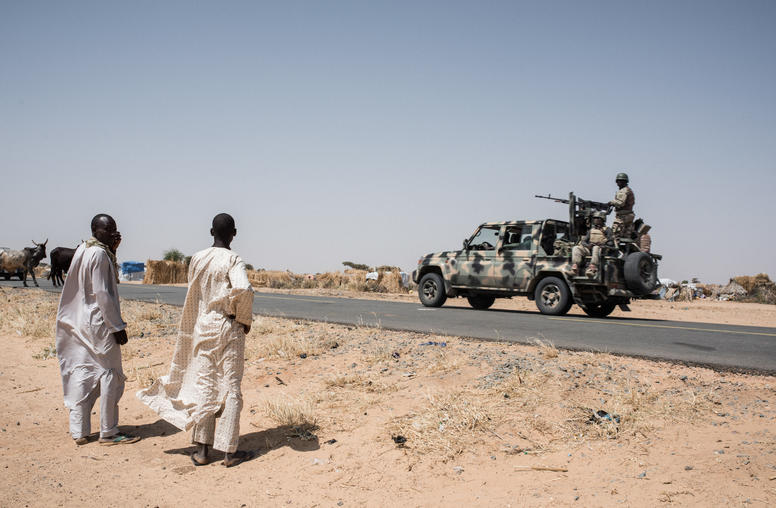
U.S. Plane Sale Misses Point in Nigeria’s Boko Haram Fight
Nigeria’s overstretched military will be pleased that the U.S. is moving ahead with plans to sell the country a dozen small attack planes for its fight against Boko Haram. The high-tech gear on the single-engine Embraer A-29 Super Tucano should improve precision targeting by the Nigerian forces to chase scattered fighters and help avoid disastrous mistakes such as the Jan. 17 bombing of a displaced persons camp that killed as many as 236 people. But with Boko Haram already in retreat and attention shifting to more permanent safety and security, the aircraft also might be of limited use.
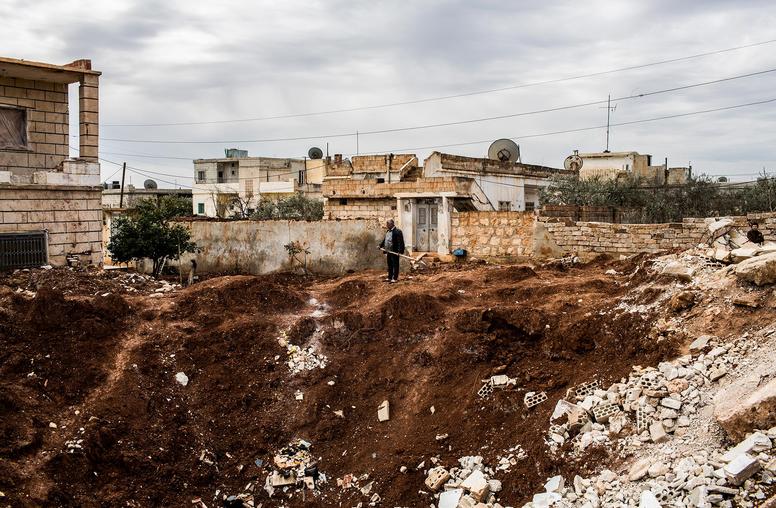
How U.S. Strikes in Syria Could Complicate War on ISIS
Defeating ISIS was the singular goal of the Trump administration in Syria until the Assad regime provoked U.S. missile strikes with its use of sarin gas. The broadening of U.S. objectives, and extending military action in the country to include a direct hit on Syrian forces, could now complicate the fight against the Islamic State to a dangerous degree.
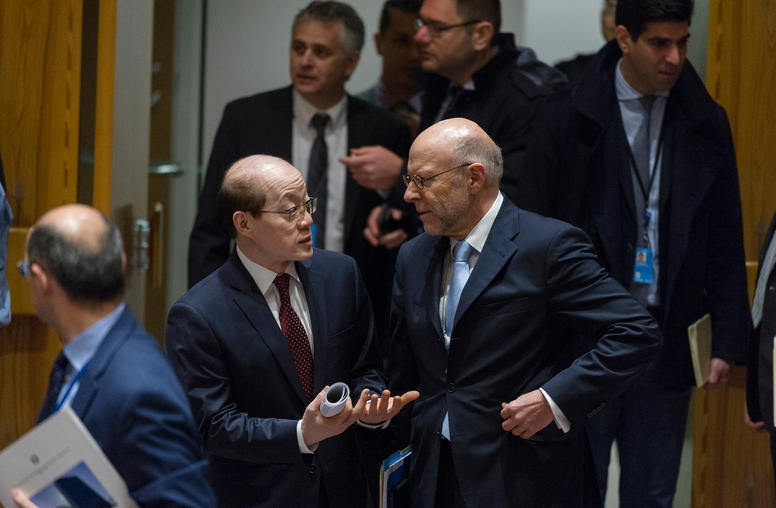
As U.S. Steps Up Syria Action, Where is China?
Yesterday’s air strikes drove a bigger wedge between the American and Chinese positions on Syria. Although China has eschewed military engagement and lacks political leverage over major players in Syria’s conflict, Beijing could do more to provide humanitarian aid. Playing a proactive role now would not only help the Syrian people, but would also help Beijing expand its global leadership on conflict management and alleviate concerns about its intentions.
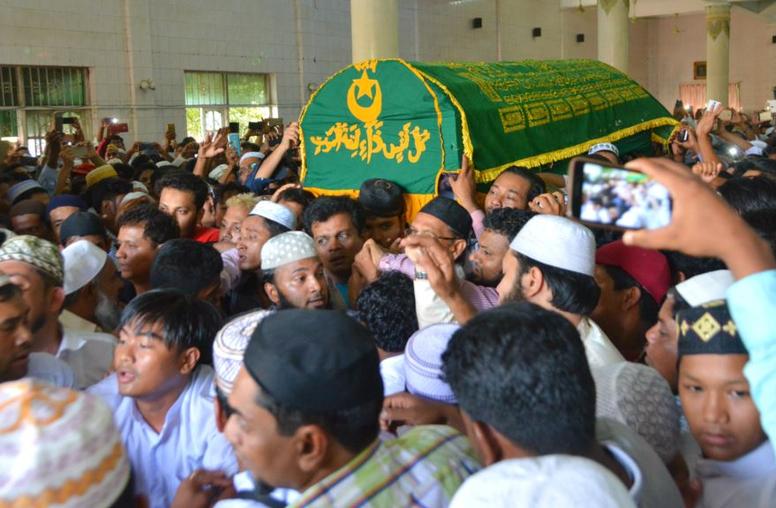
Killing of Suu Kyi Advisor Reflects Burma’s Divides
The cold-blooded assassination of prominent constitutional lawyer U Ko Ni, an advisor to Aung San Suu Kyi, is emblematic of the deep political and social divisions that challenge democratic governance and political stability in Burma. As information has emerged about the case, the impact is inevitable on efforts to reform the country’s structures and unify its people.
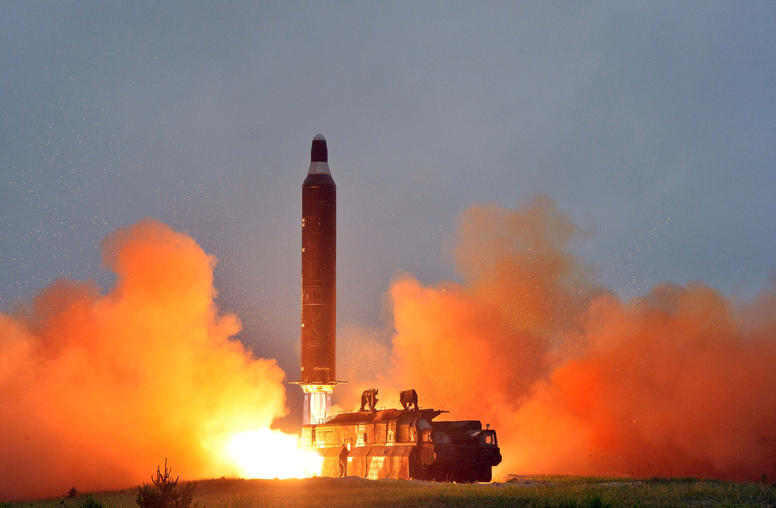
As Trump Meets China’s Xi, North Korea Tests Resolve
North Korea tested a ballistic missile this morning, just one day before President Donald Trump and Chinese President Xi Jinping meet for the first time. The U.S. and China each blames the other for failing to curb North Korea’s missile and nuclear threat, and Pyongyang is testing their will to compromise. This summit is an opportunity for both leaders to commit to a serious discussion about meaningful action.
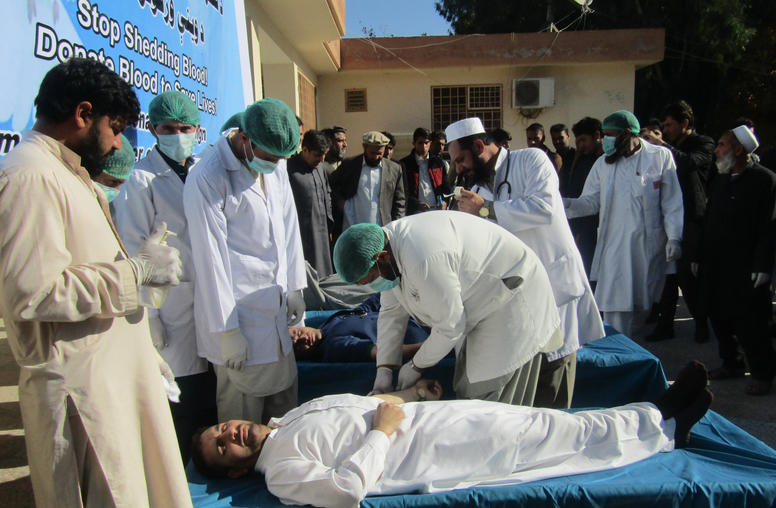
Afghan Universities Build a Movement Against Extremism
When students at Afghanistan’s Nangarhar University organized a blood drive last fall to protest their country’s civil war, so many donors lined up that the blood bags ran out. “Stop Bloodshed and Donate Blood to Save Lives,” the event declared. On a campus where some students have demonstrated in support of the Taliban and the Islamic State (ISIS), the rally against violence became a story on local radio and television, and on social media.
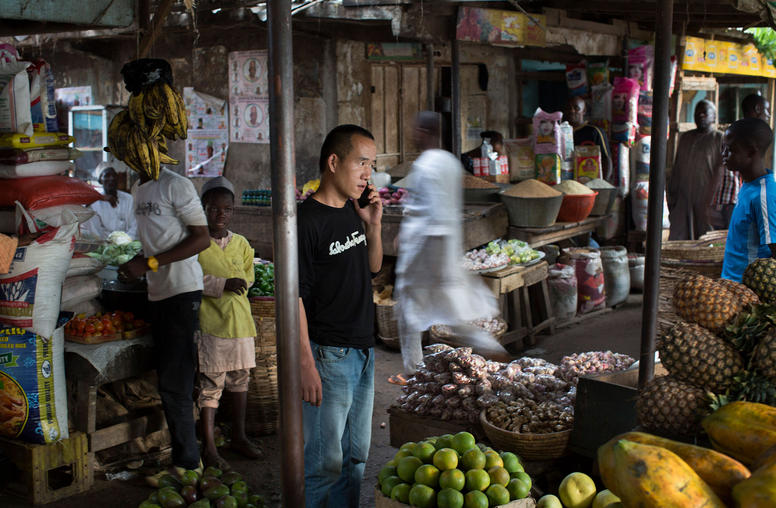
China’s Approach to Africa Takes on a Harder Edge
China is sending an unmistakable signal about its future plans for Africa. Economics may still be first, but that’s no longer the only tool the Chinese are ready and able to employ.
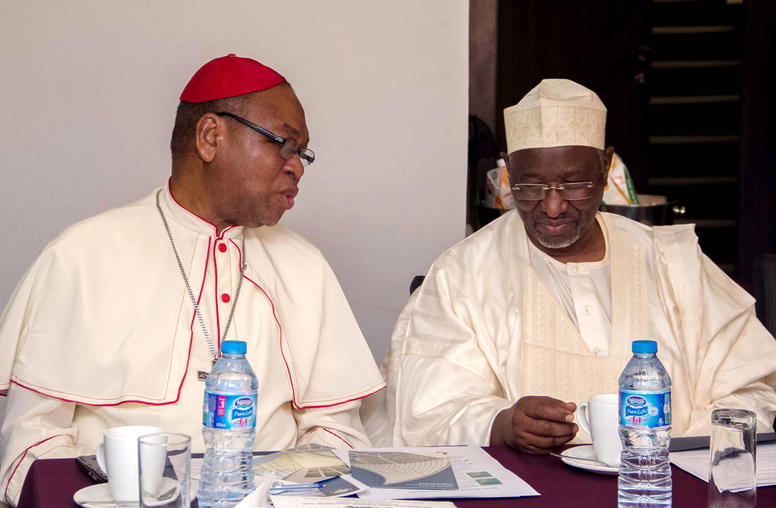
Top Civic Leaders Aid Nigerian Fight to Curb Extremism
Nigeria’s Roman Catholic cardinal urges his flock to embrace diversity. The spiritual leader of the country’s Muslims leads efforts to prevent radicalization and condemns Boko Haram. A former United Nations envoy advocates for professionalism among civil servants. A retired army chief of staff presses for the government to reach out more to alienated groups. These leaders and seven other prominent figures form a new high-level advisory group helping northern Nigeria’s powerful state governors address the social, religious and political forces that fuel extremist violence.
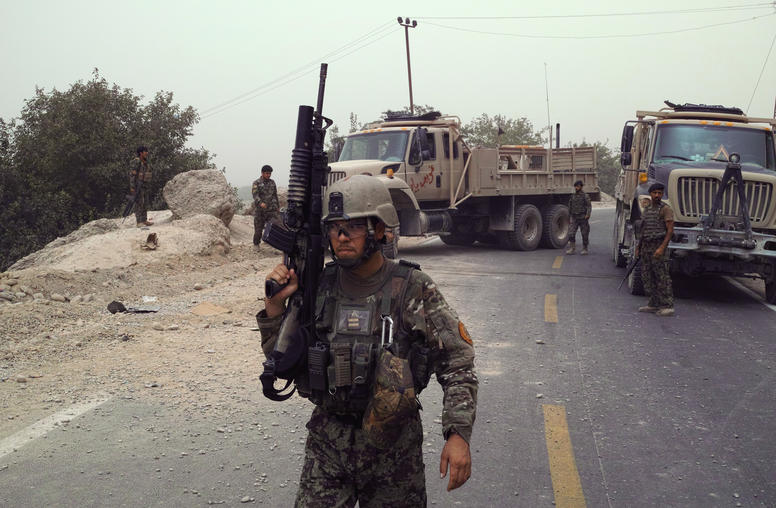
Afghan Retreat From Sangin Shows Need for Political Deal
The Taliban’s threat to Sangin, a strategic district of Helmand Province in southern Afghanistan, is a sobering reminder of the challenges that Afghan forces face and the risks that continue to plague the U.S. campaign against terrorism.
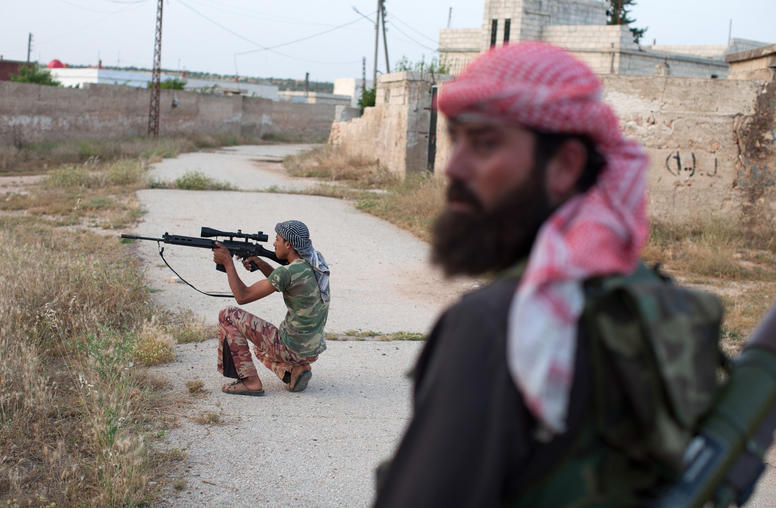
Looking Beyond Prison When ISIS Fighters Go Home
Developing sustainable responses to the return of foreign fighters is a critical and complex challenge, not least because of the high numbers that will be coming back to countries with weak criminal justice systems.
